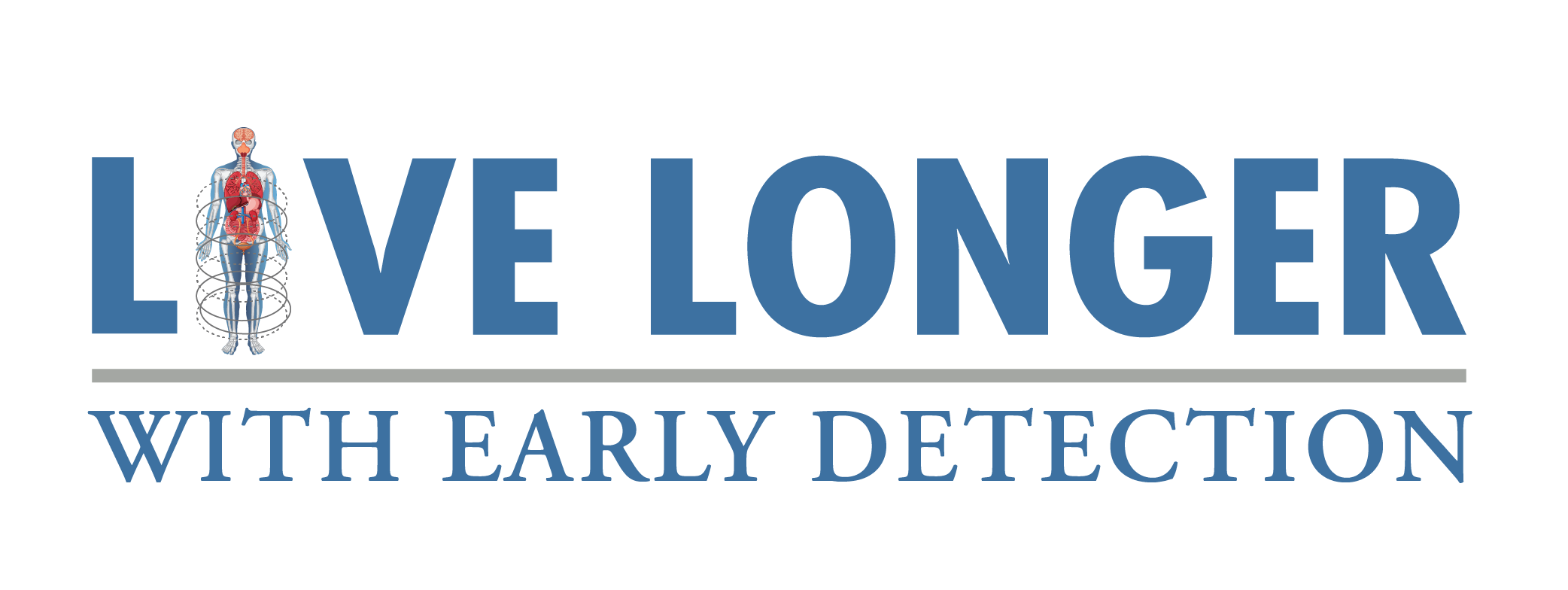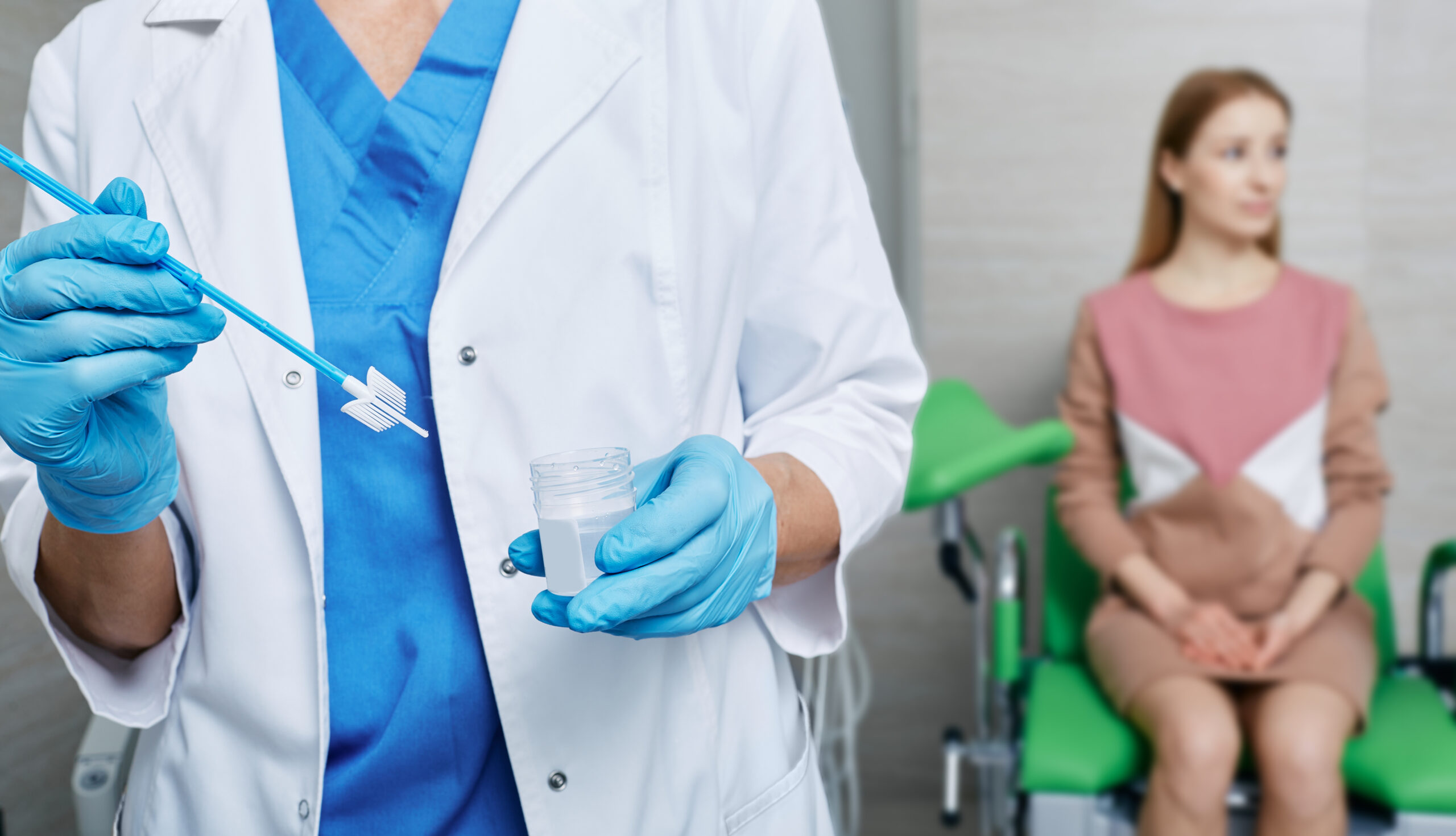Understanding Cervical Cancer and Its Risks
Cervical cancer is one of the most preventable types of cancer, yet it remains a significant health concern for women worldwide. The key to prevention is regular screening, which can detect abnormalities before they turn into cancer. Understanding when and why to get tested is crucial for maintaining your health and ensuring early detection if cancer does develop. This article will guide you through the importance of cervical cancer screenings and provide you with all the information you need to take proactive steps toward safeguarding your health.
Cervical cancer develops in the cells of the cervix, the lower part of the uterus that connects to the vagina. Human papillomavirus (HPV) infection is the most common cause of cervical cancer. While HPV is common and often resolves on its own, some strains can cause cervical cancer. Regular screenings can detect HPV and other abnormalities early, significantly reducing the risk of developing cervical cancer.
Why Regular Cervical Cancer Screenings Are Crucial
Early detection of cervical cancer can save lives. The primary screening methods, the Pap test and the HPV test, can identify precancerous conditions before they become malignant. Early detection means more treatment options, less invasive procedures, and a higher likelihood of full recovery. Regular screenings are a crucial part of preventive healthcare, and they can help you take control of your health.
When Should You Start Getting Screened?
The American Cancer Society recommends that individuals with a cervix begin cervical cancer screening at age 25. Here’s a breakdown of the recommended screening schedule:
- Ages 25-29: It’s recommended to undergo a primary HPV test every five years. If an HPV test is not available, a Pap test alone every three years is an alternative.
- Ages 30-65: The recommended schedule is a primary HPV test every five years. Alternatively, an HPV/Pap co-test every five years or a Pap test alone every three years is also acceptable.
- Ages 66 and older: If you have had regular screenings with normal results for the past 10 years, you can stop screening, provided there is no history of moderate or severe abnormal cells in the past 25 years.
It’s important to consult with your healthcare provider to determine the most appropriate screening schedule based on your individual risk factors.
The Role of HPV in Cervical Cancer
HPV is a group of viruses that can cause various cancers, including cervical cancer. Most HPV infections do not lead to cancer, but persistent infection with high-risk HPV types can cause cervical cell changes that may develop into cancer over time. This is why HPV testing is a crucial part of cervical cancer screening. It can identify high-risk HPV infections early, allowing for closer monitoring and preventive measures.
Pap Test vs. HPV Test: Understanding the Difference
The Pap test and the HPV test are the two primary screening methods for cervical cancer.
- Pap Test: The Pap test (or Pap smear) has been the standard method for detecting cervical cancer for decades. It involves collecting cells from the cervix to check for abnormalities that could lead to cancer. While effective, Pap tests need to be repeated more frequently and can sometimes result in false positives.
- HPV Test: The HPV test detects the presence of high-risk HPV types that can cause cervical cancer. Studies have shown that HPV tests can detect precursors to cervical cancer more accurately than Pap tests, and they do not need to be repeated as often.
Some guidelines recommend using both tests together (co-testing) for a more comprehensive assessment.
What If You’ve Had the HPV Vaccine?
The HPV vaccine is highly effective in preventing the strains of HPV most commonly associated with cervical cancer. However, it does not protect against all strains, nor does it treat existing HPV infections. Therefore, even if you’ve had the HPV vaccine, it’s essential to continue with regular cervical cancer screenings according to the guidelines for your age group.
Special Circumstances: When More Frequent Screening May Be Needed
Certain conditions and risk factors may require more frequent cervical cancer screenings. You may need to be screened more often if:
- You have a history of cervical cancer or abnormal Pap tests.
- You are infected with HIV or have a weakened immune system.
- You were exposed to diethylstilbestrol (DES) before birth, which can increase the risk of cervical abnormalities.
If you have any of these risk factors, it’s important to discuss a personalized screening schedule with your healthcare provider.
What About After a Hysterectomy?
If you’ve had a hysterectomy (surgery to remove your uterus), you may still need cervical cancer screening, depending on the type of surgery and your medical history. If your cervix was removed as part of the hysterectomy, and you have no history of cervical or vaginal cancer, you may no longer need screenings. However, if your cervix was not removed or you have a history of cervical cancer, screening may still be necessary.
The Importance of Routine Screenings
Routine cervical cancer screenings are vital for detecting cancer early when it is most treatable. Even if you’re feeling healthy and have no symptoms, regular screenings can catch changes in cervical cells before they develop into cancer. Skipping screenings or delaying them can increase your risk of cancer being detected at a more advanced stage, when treatment may be more difficult and less effective.
Live Longer With Early Detection: Your Partner in Health
At Live Longer With Early Detection Cancer Screening, we are committed to helping you stay healthy by providing comprehensive cancer screenings, including those for cervical cancer. Our expert healthcare team utilizes state-of-the-art technology to ensure accurate and timely results. With decades of experience, we provide a supportive and compassionate environment where your health is our top priority.
We offer a full range of cancer screening services, including full cancer scans, blood tests, and stool testing. Our Hollywood, FL, location is equipped with the latest diagnostic tools to ensure that you receive the best possible care.
With over 786,000 satisfied patients and 30+ years of experience, we understand the importance of early detection. Our goal is to provide you with the peace of mind that comes from knowing you are taking proactive steps to protect your health.
Schedule Your Cervical Cancer Screening Today
Don’t wait until it’s too late. Cervical cancer screening is a simple, effective way to protect your health and ensure early detection of potential issues. Whether you’re due for your first screening or need to schedule your regular test, Live Longer With Early Detection Cancer Screening is here to help.
Contact us today at +1 (800) 407-9260 or email us at contact@hdccancerscreening.com to schedule your cervical cancer screening. Together, we can take the necessary steps to ensure a healthier, cancer-free future.
Take Control of Your Health
Cervical cancer screening is a powerful tool in the fight against cancer. By staying informed and adhering to recommended screening schedules, you can significantly reduce your risk of developing cervical cancer. At Live Longer With Early Detection Cancer Screening, we are dedicated to providing the highest quality care to help you live a longer, healthier life. Don’t delay—schedule your screening today and take the first step toward proactive health management. Your life is worth it.


